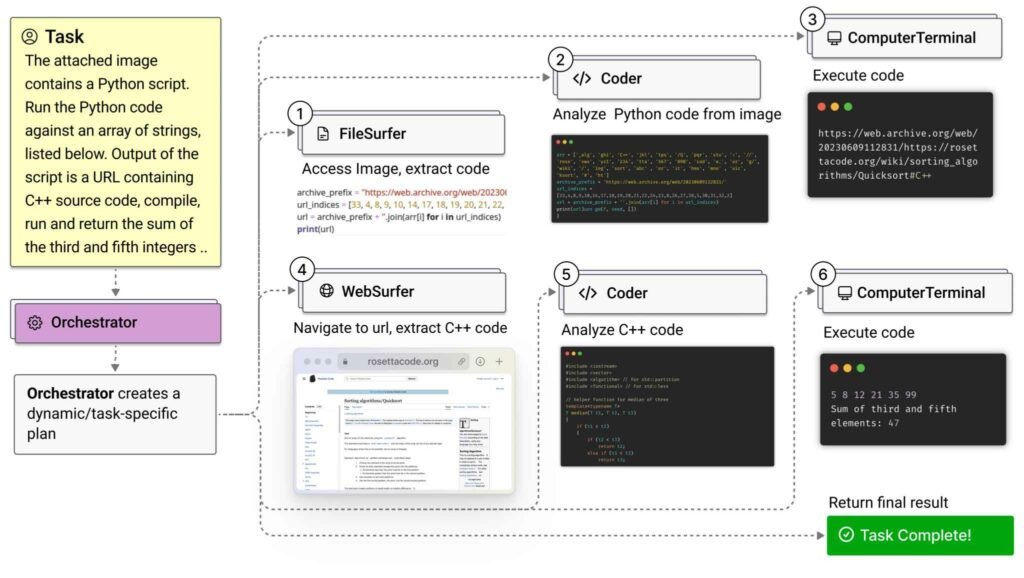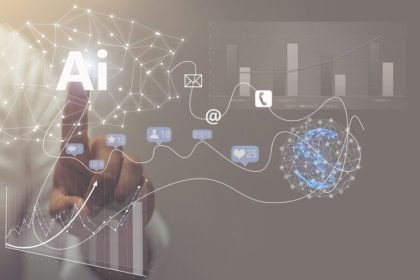Companies looking to deploy multiple AI agents often need to implement a framework to manage them. Now, apparently, Microsoft offers such a management service with the new Magnetic-One system.
According to Microsoft, the company’s researchers recently unveiled a new multi-agent infrastructure called Magnetic-One, which allows an artificial intelligence model to use a combination of different assistant agents to perform complex, multi-stage tasks in various scenarios. Microsoft calls Magnetic-One a public agent system that can “completely realize the long-held dream of agent systems that can increase productivity and transform our lives.”
The framework is open source and available to researchers and developers under Microsoft’s custom license for commercial purposes. Along with the release of Magnetic-One, Microsoft also released an open-source agent evaluation tool called AutoGenBench for testing agent systems built on the Autogen framework for multi-agent communication and collaboration.
Microsoft’s goal of building Magnetic-One
The idea behind general agent systems is to understand how autonomous agents can solve tasks that require multiple steps to complete; For example, tasks that are often found in the day-to-day running of an organization or even a person’s daily life.
Microsoft hopes the Magnetic-One will perform nearly mundane tasks. Researchers at Magnetic-One say the system can perform tasks such as describing trends in the S&P 500, finding and issuing missing quotes, and even ordering shawarma.
Magnetic-One relies on an orchestrator agent that drives 4 other agents. The orchestrator not only manages agents, but directs them to perform specific tasks and reroutes them in case of errors.
This framework consists of 4 types of agents other than the orchestrator:
- WebSurfers can command Chromium-based web browsers and navigate websites or perform web searches. They can also summarize clicks, typing and contents; Almost like the new feature of entropic AI model.
- FIleSurfer agents read local file directory directories.
- Coding agents write codes, analyze information from other agents and create new artifacts.
- ComputerTerminal provides a console where Coder’s operating programs can be run.
RCO NEWS















